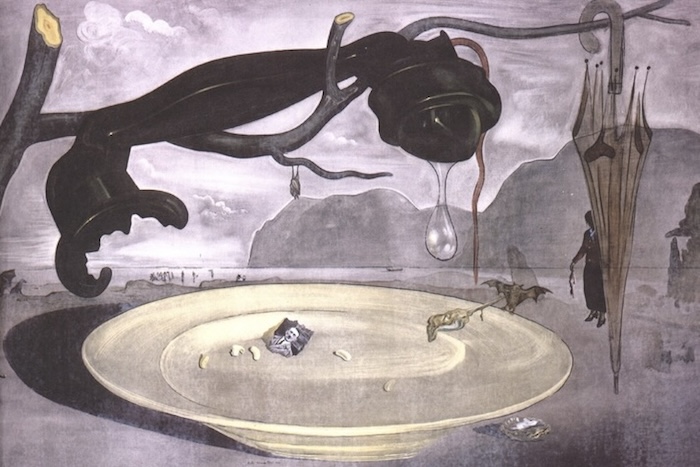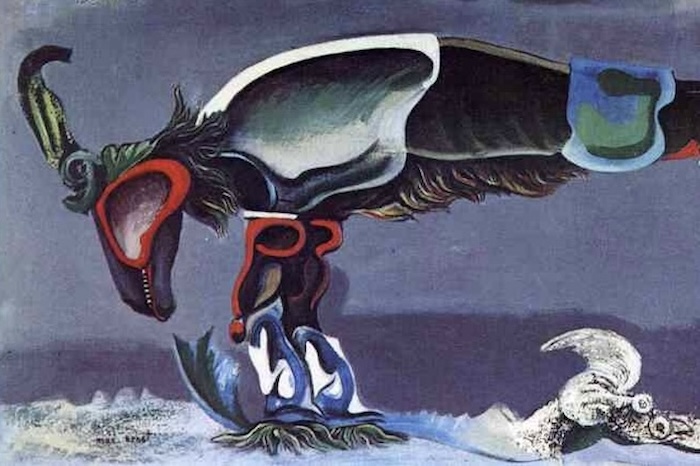
Will Conservatives Make Great Art Again?: A Meditation on the New Right
Theodoric abruptly drew his broadsword and struck Odoacer with such ferocity that it cleaved him from shoulder to thigh in a single slice. “The wretch cannot have had a bone in his body,” he joked, standing over the barbarian King of Italy, the man who put to bed the Western Roman Empire. Carved to a gory stump. Odoacer had joined Theodoric that evening for a banquet intended to celebrate a truce between the two Germanic warlords. It was a trap, and after Odoacer was dispatched, Theodoric slaughtered his family and friends in ways that would make Machiavelli blush. Yet what followed this bloodletting might surprise you. Theodoric did not raze Italy. Though violence and perfidy bookended his reign, he oversaw a period of prosperity and stability from his court at Ravenna that was unequaled until the time of Charlemagne. He launched an ambitious infrastructure program, constructing new road networks, refurbishing hospitals, and building public squares and churches, his crown jewel being the Basilica of Sant’Apollinare Nuovo, which still stands today. He did all this while encouraging comity between Romans and Germans. But perhaps the most fascinating part of Theodoric’s rule was that, as he rejuvenated the cities he conquered, he also provided generous support to historians and philosophers and encouraged the revival of classical learning. Theodoric is generally considered to have been illiterate. He didn’t sign his own name without using a stencil. So why would a barbarian who never learned to read or write enjoy hearing poetry read?















